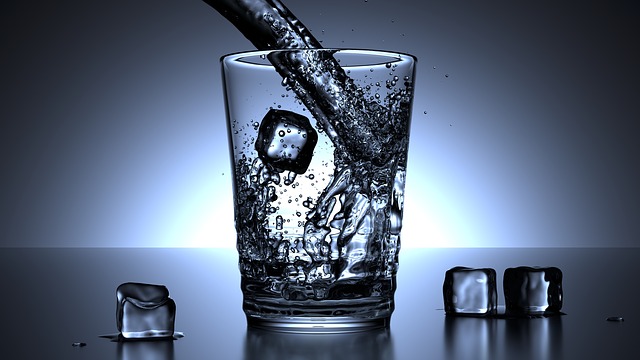By: Lance Witmer, Water Specialist at Martin Water Conditioning
The history of water systems.
Living in a world of evolving technologies, it comes as no surprise to find that water treatment has come a long way since the first use of ion exchange in the early 1900’s. More surprising than advancement, however, is the complete turn around in perception regarding home water systems.
It used to be that water softeners were considered a luxury product, while others felt that soft water was something they could not afford. It was common to taste chlorine in water and to have spots and etching on glassware coming out of the dishwasher. Results of poor water quality were so common place many people simply came to expect them. This was especially easy to see amidst the appliance industry. Washing machines and dishwashers from less than 10 years ago used exponentially more soap and water/ than the water and energy efficient models we see today.
Fast forward to 2016. Television, radio magazines and even newspapers contain advertisements for water conditioning and everyone from big box stores to local plumbers seem to have a system to fit your budget. Chances are, even if you do not have a home water system of your own, your friends or neighbors do.
How was this revolution of perception achieved? While to some extent it grew from a general increase of understanding, changes in regulations by the Department Of Energy (DOE) helped serve as a catalyst.
In compliance with new DOE regulations, appliances have drastically reduced the amount of water they use. With this change, the the quality of the water those appliances use has become increasingly important. Many major appliance manufacturers, G.E. For one, have disclaimers in their warranty information regarding incoming water quality.
Why would water affect appliance warranties you wonder? The simple answer is that it will damage the appliance by either dissolving components of it, or by clogging them with mineral build-up. Dissolved minerals in the water can also bind with cleaning reagents, resulting in poor surface cleaning, or spots and etching on glassware.
Just as poor water quality can damage and shorten the lifespan of appliances, the same is true for plumbing, toilets, faucets and shower/bathtub fixtures.
In summary, water conditioning is not an eccentric luxury, but rather a practical investment that will protect your appliances, plumbing and fixtures, as well as improve your quality of living.
While still not common knowledge, a basic understanding of water conditioning and its usefulness beyond merely safe drinking water is growing. More and more homeowners and municipalities alike are discovering the money saving powers of softeners, neutralizers and other home water systems.











